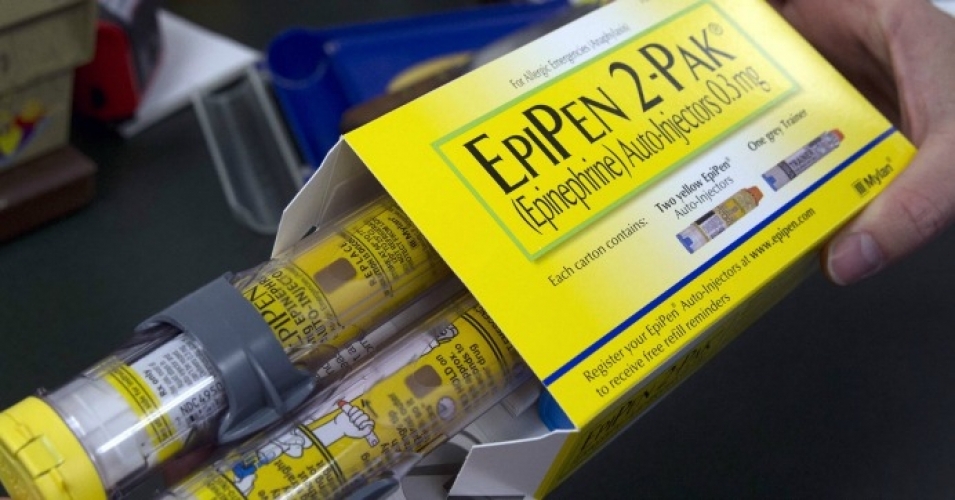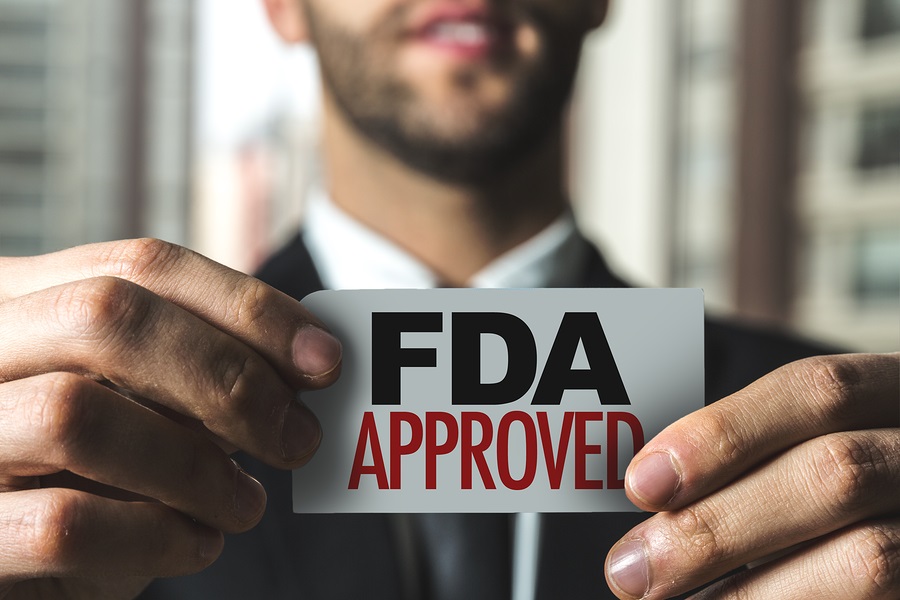In the United States today, the federal government controls which substances can be used to treat diseases, and which ones cannot. In general, only pharmaceutical…

Teva Pharmaceutical Industries

For Mylan, it was a perfect plan—diabolical, unstoppable. The company made changes in its anti-allergy EpiPen dispenser in 2009, enough to give it patent protection. Then, in 2012, it…

It is no secret that opioids are addictive even when used as prescribed. That is why they were highly restricted until fairly recently. It is…
